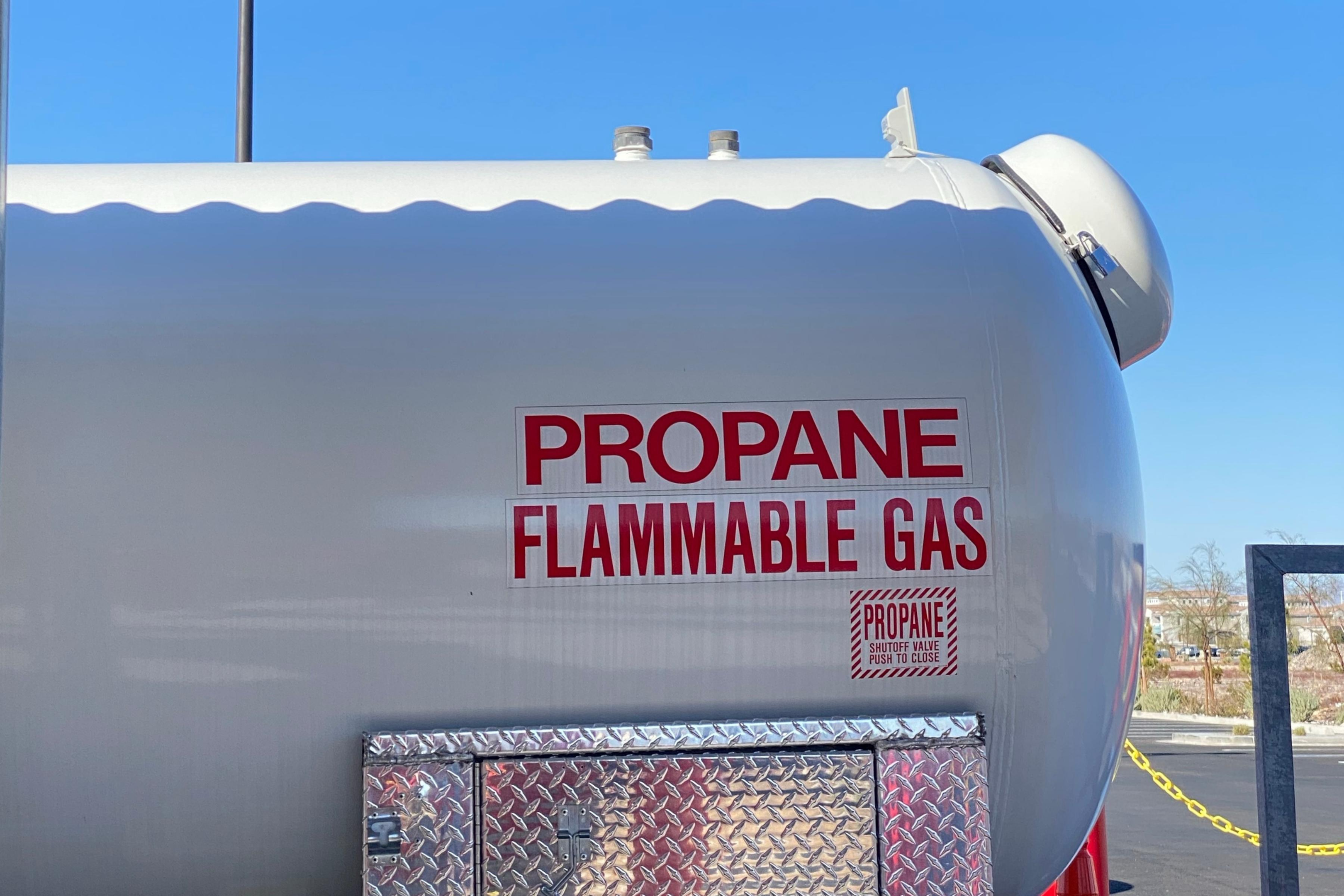
Does Propane Go Bad?
Propane, or Liquefied Petroleum Gas (LPG), is a versatile fuel used for cooking, heating, and more applications. Its convenience and independence from electricity make it a popular choice for camping and other outdoor activities.
Before addressing the question, “Does propane go bad?” let’s look into its chemical makeup.
Understanding Propane’s Chemistry
Propane is a hydrocarbon composed of hydrogen and carbon atoms with the chemical formula C₃H₈. Propane molecules accelerate and spread apart when heated, increasing pressure within the cylinder. We regulate this pressure to control the gas flow.
As propane cools, its molecules slow down and move closer together, causing the gas to become denser.
The Myth of Propane Expiration
Contrary to popular belief, propane does not expire. Its stable molecular structure ensures longevity when stored correctly. However, certain factors can impact its performance:
- Exposure to Air: Propane can absorb moisture and dirt from the air, reducing its efficiency and potentially clogging burners.
- Cold Storage: In cold temperatures, propane can condense into a liquid state. You must warm this liquid form before using it.
- Unsealed Containers: Open containers allow propane to escape, diminishing its quantity and effectiveness.
- Dirty or Rusty Containers: Impurities from dirty or rusty containers can clog burners and reduce propane’s performance.
Proper Propane Storage
Store propane in a clean, airtight container away from extreme heat and cold to ensure optimal performance. A new propane tank is the best choice for reliable storage.
Can Propane Freeze?
Propane can solidify at extremely low temperatures (-306°F or -187°C), well below most environmental conditions. In practical terms, propane freezing is highly unlikely.
Identifying Potential Issues
Although propane itself doesn’t expire, certain indicators can signal potential problems:
- Strange Odor: A peculiar odor might indicate a dirty gas.
- Odd colors: Yellow or brown coloring suggests rust or other impurities.
- Visible Liquid: Liquid propane in the tank signifies improper storage or temperature exposure.
If you’re unsure about the quality of your propane, it’s advisable to replace the cylinder with a new one.
Checking Your Propane Tank
To inspect the condition of your propane tank:
- Inspect for Rust: Rust can lead to leaks and serious hazards.
- Verify Pressure Regulator Function: A malfunctioning regulator can hinder propane flow.
- Avoid Liquid Propane: The tank should only contain gaseous propane.
- Monitor Propane Level: Use a gauge to check the remaining propane quantity.
If any of these issues are present, replace the tank immediately.
Conclusion
Propane is a reliable fuel source when stored and handled correctly. By following these guidelines, you can ensure optimal performance and safety.
FAQs
Can you store propane tanks outside in the winter?
Storing your propane tank outside in the winter is perfectly fine as long as you take a few precautions. First, make sure the tank is completely full so there is no room for moisture to accumulate.
Keep the tank away from heat sources, such as furnaces or water heaters. This helps prevent propane expansion and possible leaks.
Lastly, if you reside in a cold climate, consider insulating the tank with a blanket or tarp to keep it warmer. A propane tank cover can help avoid all weather-related issues you might have with your propane tank.
Why isn’t my propane tank working?
One of the most common questions we get is: “Why can’t I light my grill,” or “Why isn’t my propane tank working?”
My number one answer is “Have you checked your propane tank yet? Is it full of the necessary propane?” The best way to measure this is with a propane gauge.
Next, I recommend checking the connections. These include your tank’s valves, hoses, and gauges that connect to the grill. Fasten your propane hose securely and inspect it for damage. When in doubt, be safe and replace your propane hoses.
Can propane tanks explode?
Improper maintenance or damage can cause propane tanks to explode. Inspect your propane tank regularly for any signs of rust, corrosion, or damage. If you notice any problems, contact a qualified technician to have the tank repaired or replaced.
If propane fuel doesn’t expire then why do propane tanks have an expiration date?
Improper maintenance or damage can cause propane tanks to explode. Certifying propane tanks means checking the tank for corrosion or damage. It also involves testing the tank’s pressure relief valve. Inspectors must recertify natural gas bottles every 10 years, and propane tanks every 5 years.
Does bottled gas go off gasoline (petrol) and diesel fuel degrade with time?
No, gasoline and diesel fuel can degrade over time, but this process is much slower with propane. Gasoline and diesel fuel will last for years if stored properly.
We hope this comprehensive guide has helped answer your questions on how to properly store and maintain propane going forward!
Happy grilling!
